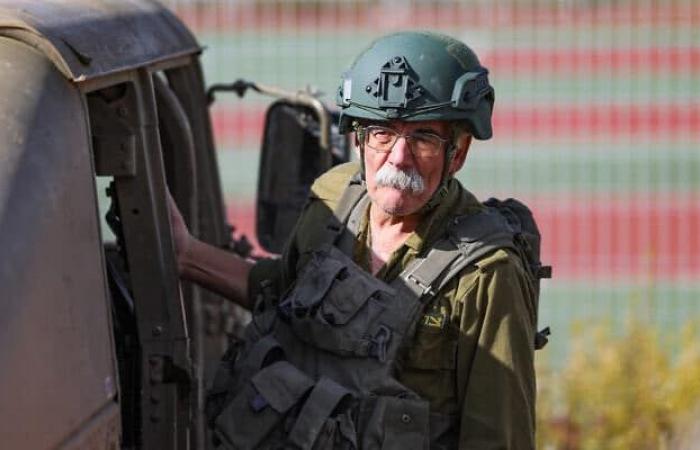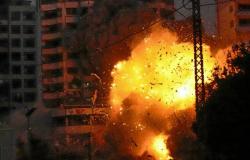– Advertisement –
The Israeli army has opened an investigation into the circumstances of the death of Zeev Erlich, a 70-year-old man killed during an ambush carried out by Hezbollah in Lebanon. Erlich, identified as an Israeli army reservist with the rank of major, was in military uniform and armed when he was shot. Its presence in a combat zone raises many questions.
A controversial infiltration
According to Israeli media reports, Erlich was not on active duty at the time of his death but was accompanying Israeli forces deployed to Lebanon. He was reportedly allowed to enter the country to explore a local archaeological site, a decision that raises questions about the chain of command and operational discipline.
Israeli Chief of Staff Lt. Gen. Herzi Halevi appointed a team of experts to examine the gaps in military discipline and operational culture that led to the incident. At the same time, General Ori Gordin, commander of the northern region, has launched a command investigation, while Israeli military police are conducting a separate investigation that could lead to criminal charges.
In addition to Erlich, a 20-year-old soldier was killed and an officer was seriously injured in the attack, illustrating the growing dangerousness of the ongoing escalation between Israel and Hezbollah.
Zeev Erlich: a controversial figure
Erlich, known as a West Bank settler and scholar of Jewish history, was a prominent figure among Israeli messianic communities. Its presence in Lebanon reflects a complex dynamic, where historical and religious claims to Lebanese territory fuel regional tensions.
Context: Israeli messianic claims on Lebanon
The incident involving Zeev Erlich highlights a persistent trend within Israeli messianic circles, which view certain areas of Lebanon as territories historically or religiously linked to Israel. These claims rely on biblical accounts that suggest ancient connections to areas such as southern Lebanon, sometimes identified with the ancient kingdom of Israel.
For several years, these demands have found an echo among certain Israeli settlers, who perceive these territories as natural extensions of the State of Israel. Archaeological research is often used to legitimize these aspirations, although international scientists highlight the lack of academic consensus on these interpretations.
Tensions exacerbated by current conflicts
Clashes between Israel and Hezbollah, particularly since September 2024, have increased instability in the region. These messianic demands are exacerbating tensions, particularly in southern Lebanon, where Hezbollah maintains a strong military presence. Recent Israeli raids on this region and increased human losses are fueling a climate of mistrust between the two parties.
The deepening of these tensions is also linked to Israeli domestic politics, where religious currents increasingly influence strategic decisions. The messianic perception of Lebanon as a biblical territory fuels the ideological justification for military operations and infiltrations.
– Advertisement –






